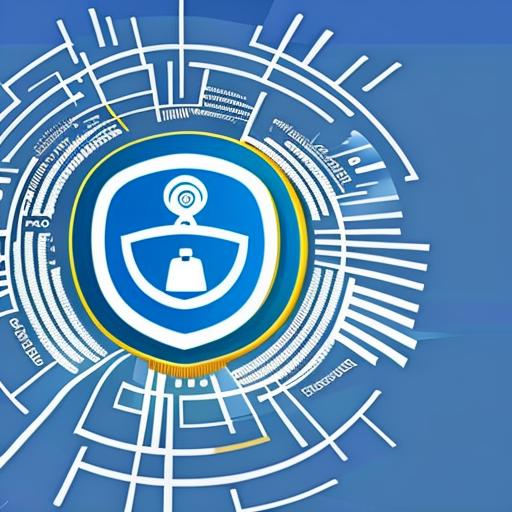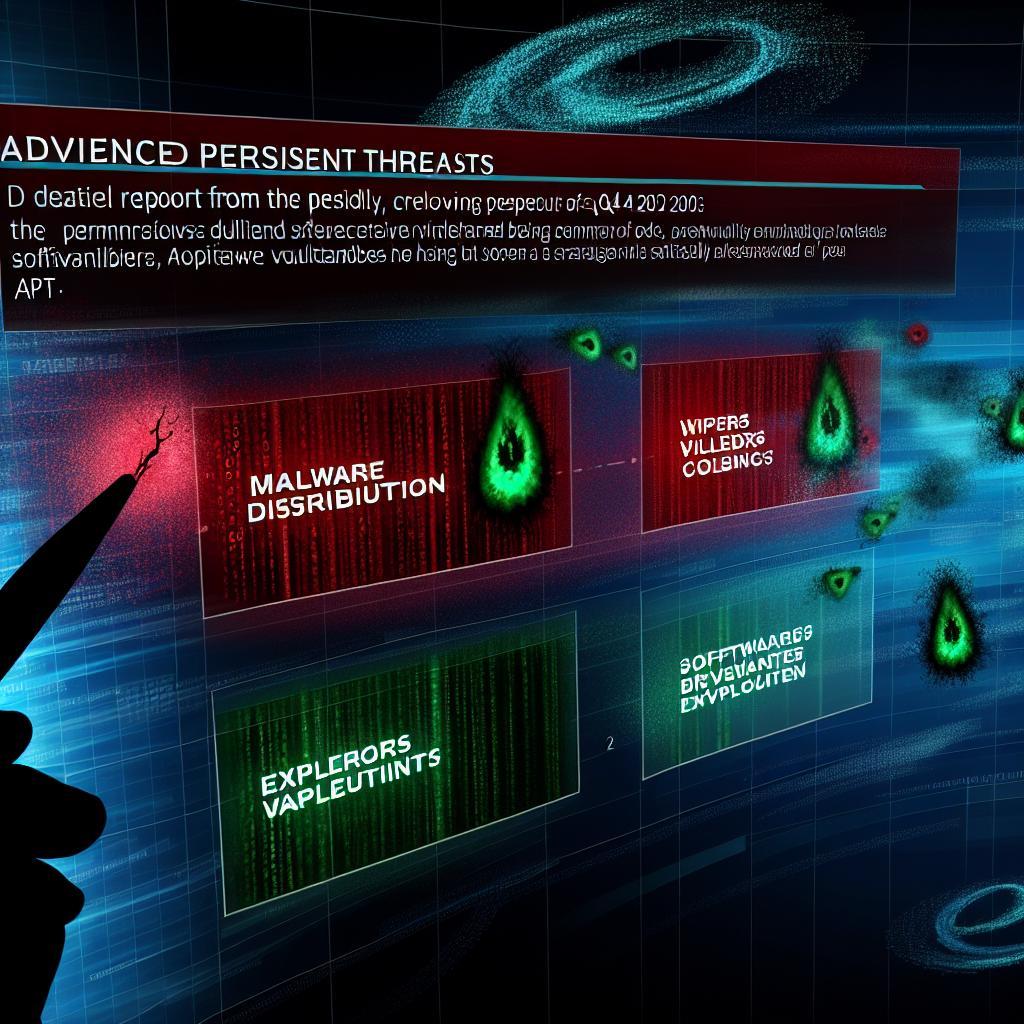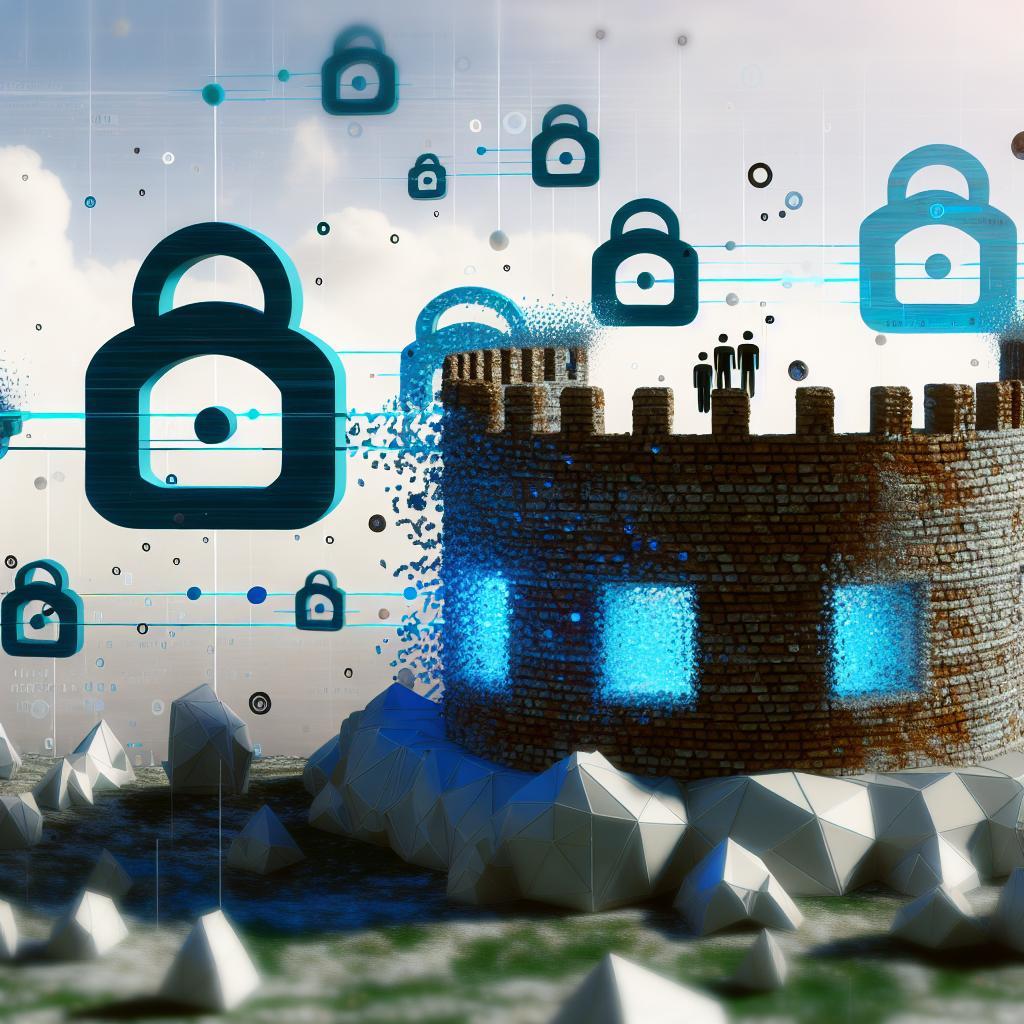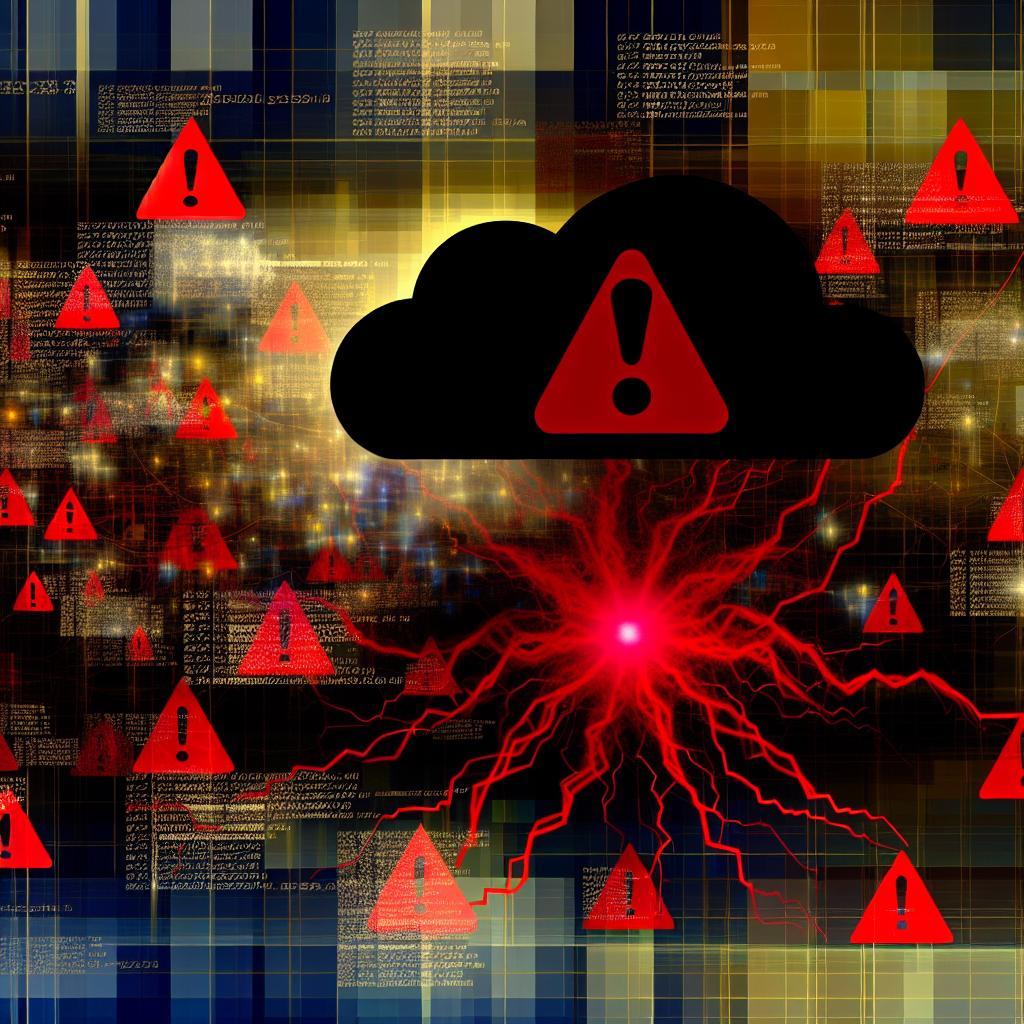– How can individuals protect their personal information online?
What You Need to Know About Cyber Security
In today’s digital age, cyber security is becoming increasingly important as more and more aspects of our lives are being conducted online. From personal information to financial transactions, we rely on the internet for so much that it’s essential to understand the risks involved and how to protect ourselves from cyber threats. This article will cover the basics of cyber security, including what it is, why it’s important, and practical tips for staying safe online.
What is Cyber Security?
Cyber security refers to the practice of protecting internet-connected systems, including hardware, software, and data, from cyber attacks. These attacks can take many forms, including malware, ransomware, phishing scams, and more. The goal of cyber security is to prevent unauthorized access, damage, or theft of data and to maintain the confidentiality, integrity, and availability of information.
Why is Cyber Security Important?
Cyber security is essential for protecting sensitive information, such as personal and financial data, from falling into the wrong hands. A cyber attack can have devastating consequences, including identity theft, financial loss, and damage to one’s reputation. Additionally, businesses and organizations face the risk of disrupted operations, loss of customer trust, and legal repercussions if they fall victim to a cyber attack.
Benefits of Cyber Security
- Protects sensitive information
- Minimizes the risk of financial loss
- Maintains customer trust
- Ensures the continuity of business operations
Practical Tips for Cyber Security
There are several practical steps you can take to enhance your cyber security and protect yourself online:
- Use strong, unique passwords for each online account
- Enable two-factor authentication whenever possible
- Keep your software and devices up to date with the latest security patches
- Avoid clicking on suspicious links or downloading attachments from unknown sources
- Use a reputable antivirus program to protect against malware
Case Studies
Here are a couple of real-world examples of cyber attacks and their consequences:
| Company | Attack | Consequences |
|---|---|---|
| Equifax | Data breach | 143 million people had their personal information exposed |
| Sony Pictures | Ransomware attack | Confidential data leaked and systems disrupted |
Firsthand Experience
As someone who has been a victim of a cyber attack, I can attest to the importance of cyber security. After falling prey to a phishing scam, I had my bank account compromised and personal information stolen. Since then, I have taken proactive steps to protect myself online, such as using stronger passwords and being more cautious when clicking on links.
Conclusion
In conclusion, cyber security is an essential aspect of our digital lives that cannot be overlooked. By understanding the risks involved and taking proactive measures to protect yourself online, you can reduce the likelihood of falling victim to a cyber attack. Stay vigilant, stay informed, and stay safe online.







